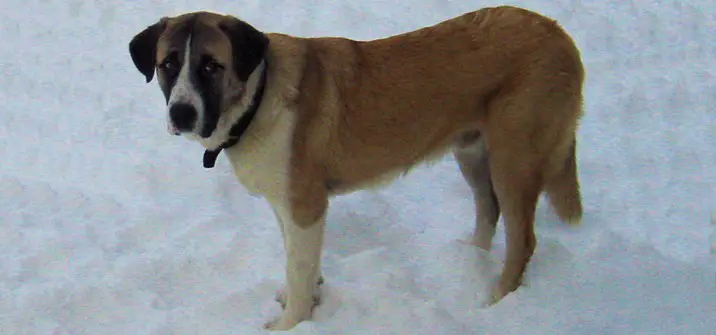The Rafeiro do Alentejo is a dog breed that originated in Portugal. The dog is of the livestock guardian dog type and the name originated from it's area of origin, Alentejo, in South-Central Portugal while Rafeiro means mongrel in Portuguese.
These dogs are often used as a flock guard, guard and defense dog as well as house pet. They do not do well to city living. They need a large, securely fenced yard for exercise and play. Brushing the dog during it's shedding season is all the grooming it requires to help with the shedding.
The powerful, hardworking, rustic dogs are dedicated and courageous. This dog is loyal and very affectionate with his humans. But they can be aggressive towards strangers just like with predators.


